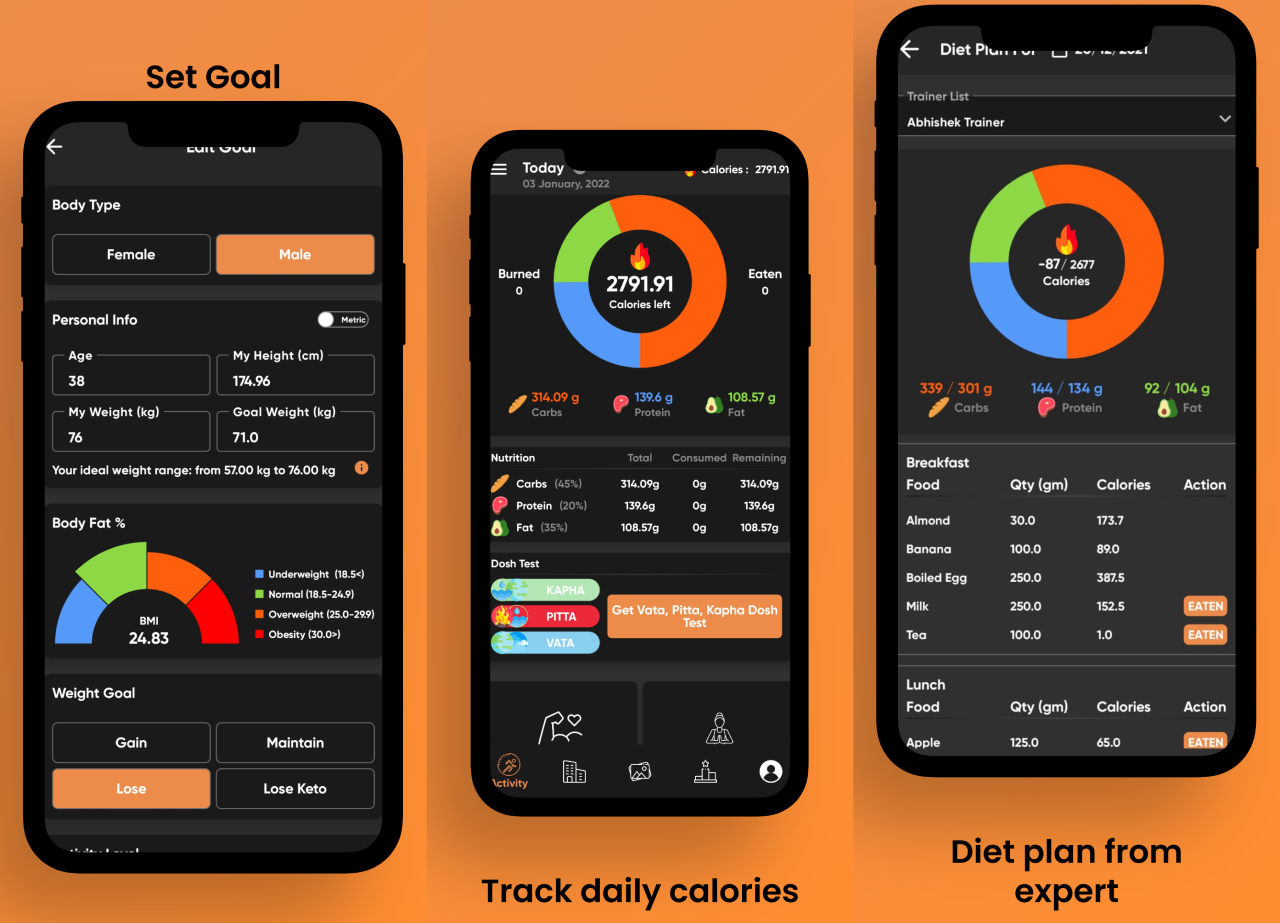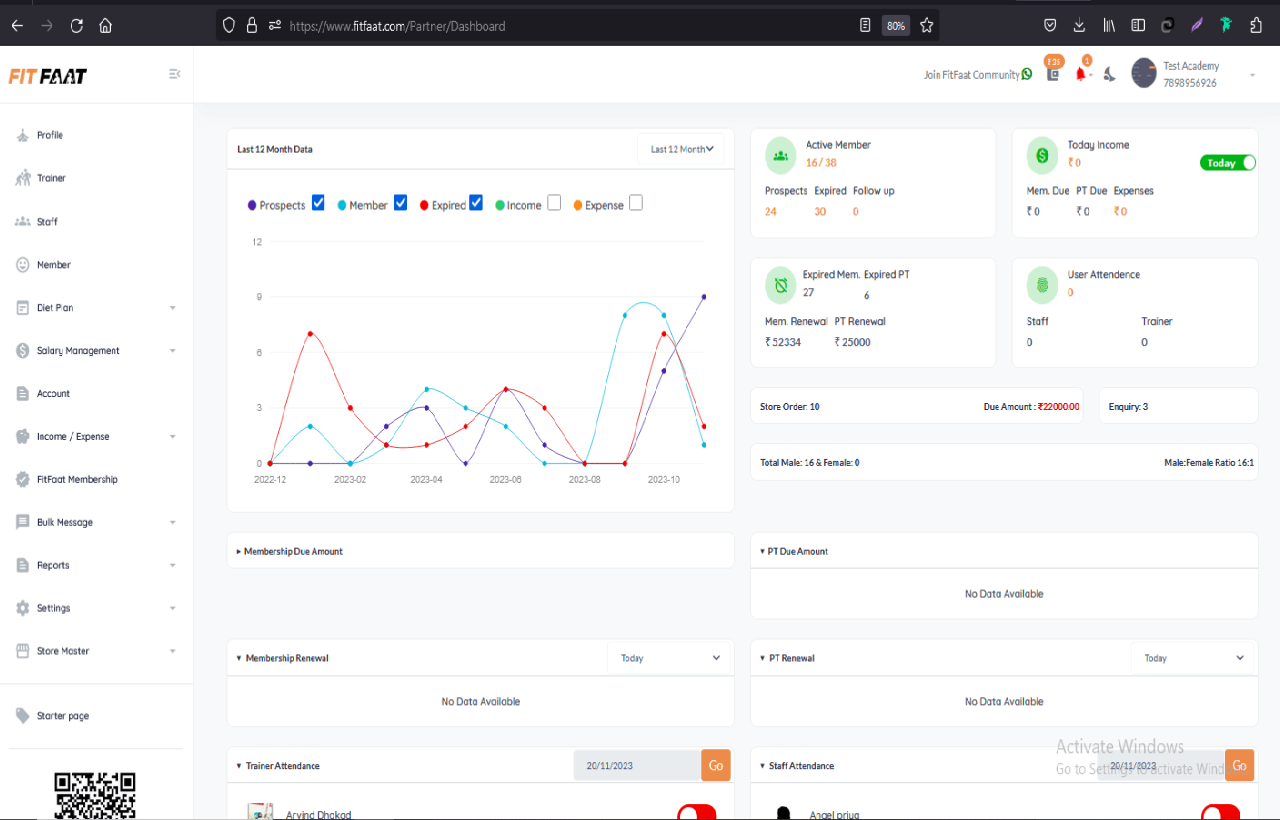Unlock Your Best: How Little Changes Diet Can Lead to Fitness Gains
An effective macro distribution could be 40% carbs, 30% protein, and 30% fats so eating nutrient-dense foods can help you feel fuller longer, reducing the temptation to snack on empty calorie foods and mindful eating can transform your relationship with food, allowing you to enjoy meals without overeating or feeling guilty.
Have you ever noticed a single shift in diet can influence your levels, mood, even your workout performance Often, the journey to better fitness doesn't require an overhaul of your lifestyle or extreme dieting; small, thoughtful changes can yield significant benefits. This article explores how making little improvements in your dietary habits can lead to substantial fitness gains, enhancing both your physical health and overall well-being.
The Power Nutrient-Dense Foods
Understanding Nutrient Density
Nutrient density refers to the amount of essential nutrients a food provides in relation to its calorie content. Choosing nutrient-dense foods means selecting items that offer vitamins, minerals, and other beneficial compounds while being lower in calories.
Examples of Nutrient-Dense Foods
- Leafy Greens: Spinach, kale, and Swiss chard are low in calories but packed with vitamins A, C, and K, iron, and fiber.
- Berries: Blueberries, strawberries, and raspberries are not just delicious; they are high in antioxidants and low in sugar.
- Lean Proteins: Chicken breast, fish, and legumes provide the necessary protein to support muscle recovery and growth without excessive fat.
“Eating nutrient-dense foods can help you feel fuller longer, reducing the temptation to snack on empty calorie foods.”
Benefits of Incorporating More Nutrient-Dense Foods
- Increased Energy Levels: Fuels your workouts with the energy needed for better performance.
- Improved Satiety: Helps control hunger, making it easier to maintain a healthy weight.
- Enhanced Recovery: Provides your muscles with the essential nutrients they need post-exercise.
Hydration: The Unsung Hero of Fitness
Why Hydration Matters
Water is crucial for nearly every function in the body, including digestion, temperature regulation, and nutrient absorption. Even mild dehydration can hamper performance, so it’s vital to stay hydrated.
Tips for Staying Hydrated
- Carry a Water Bottle: Always have water within reach to remind yourself to sip throughout the day.
- Infuse Water with Flavor: Add slices of citrus fruits, cucumbers, or berries for a refreshing twist.
- Set Reminder Alerts: Use your phone or a hydration app to help establish a routine.
“As little as 2% dehydration can affect your workout performance. Consider hydration as a critical part of your dietary plan!”
Key Benefits of Proper Hydration
- Supports muscle function and joint lubrication.
- Enhances endurance and reduces fatigue.
- Aids in the recovery of muscles post-exercise.
Mindful Eating: A Game Changer
The Concept of Mindful Eating
Mindful eating involves paying full attention to the eating experience, noticing the taste, texture, and aroma of food, and being aware of hunger and satiety cues. This practice encourages a healthier relationship with food.
Ways to Practice Mindful Eating
- Slow Down: Chew slowly and savor each bite, which can lead to greater satisfaction and reduce food intake.
- Limit Distractions: Turn off screens and focus solely on your meal.
- Listen to Your Body: Eat when you are hungry and stop when you feel full.
“Mindful eating can transform your relationship with food, allowing you to enjoy meals without overeating or feeling guilty.”
Benefits of Mindful Eating in Fitness
- Leads to better food choices and portion control.
- Reduces emotional eating and unhealthy snacking.
- Enhances the enjoyment of foods, making meals pleasurable.
The Role of Balanced Macros
Understanding Macros
Macronutrients - carbohydrates, proteins, and fats - play distinct roles in fitness and overall health. Balancing these nutrients can help optimize performance and recovery.
“An effective macro distribution could be 40% carbs, 30% protein, and 30% fats, but individual needs may vary.”
How to Balance Your Macros
- Carbs: Focus on complex carbohydrates such as whole grains, fruits, and vegetables for sustained energy.
- Proteins: Include a variety of sources, such as meats, dairy, legumes, and plant-based options, to support muscle recovery.
- Fats: Don’t shy away from healthy fats found in avocados, nuts, and olive oil, which are essential for hormone production and nutrient absorption.
Benefits of Macro Balancing in Fitness
- Optimized energy levels for workouts.
- Enhanced muscle growth and recovery.
- Improved overall body composition.
- Know more about high protein and low calorie diet
Conclusion
The journey to becoming your best self starts with small, intentional changes to your diet. By embracing nutrient-dense foods, prioritizing hydration, practicing mindful eating, and balancing your macronutrients, you can create a solid foundation for achieving significant fitness gains. These changes are not meant to be overwhelming but rather, an invitation to explore and engage with your dietary choices more thoughtfully.
If you're ready to take the first step toward a healthier lifestyle, start by adopting just one of these strategies today. Over time, these little shifts can lead to big results, making fitness an enjoyable and sustainable part of your life.
Download FitFaat Health and Fitness App and let us know which dietary change will you try first? Share your thoughts or experiences in the comments below, and let’s inspire each other on our wellness journeys!




